CREATE will address this gap by developing a locally-viable social business and accompanying evidence-based Recovery-Oriented Psychosocial Rehabilitation Toolkit to employ and support the overall functioning and wellbeing of people living with mental illness.
Read more
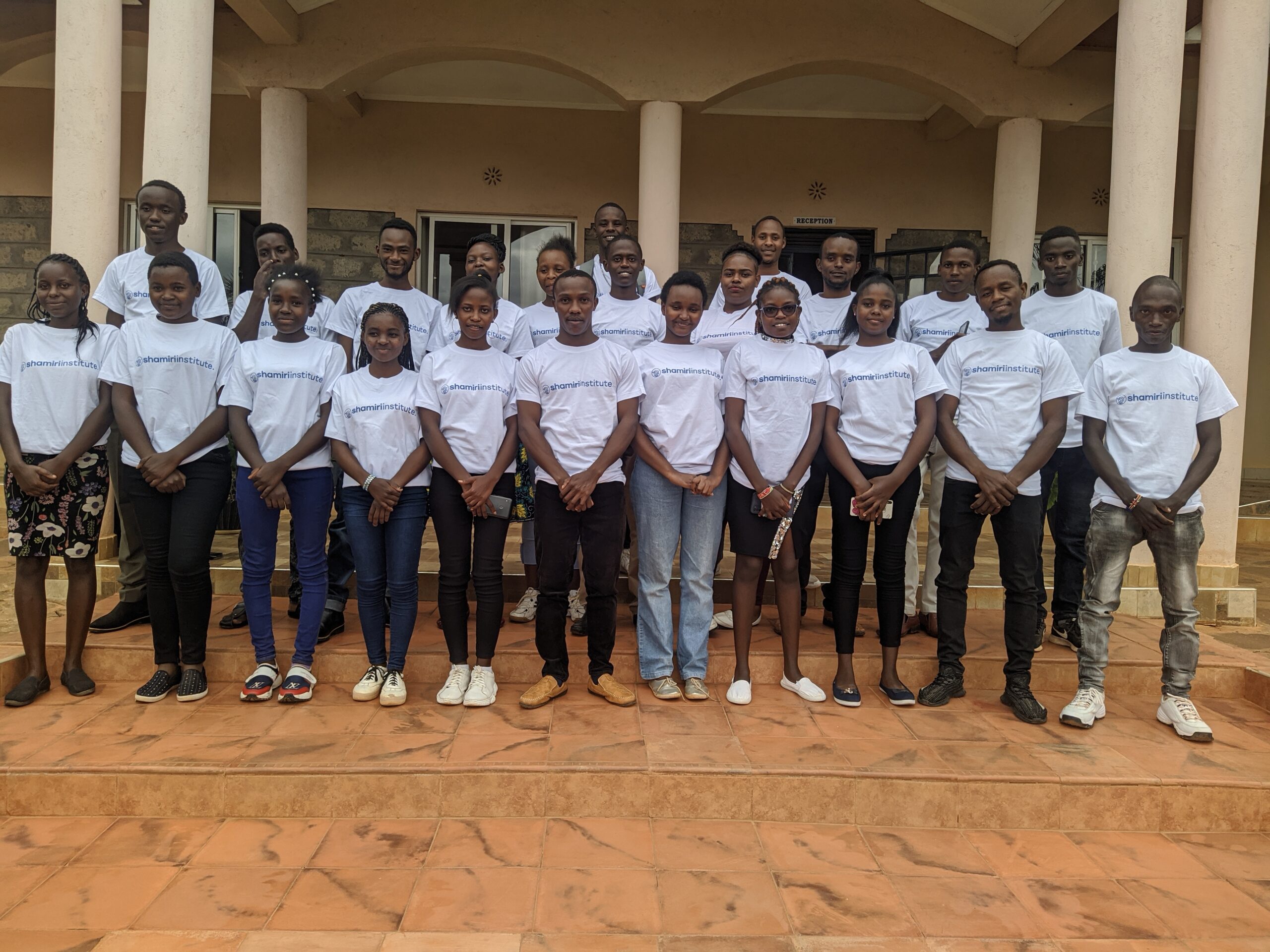 12 Dec 2022
12 Dec 2022
BY:
Projects
Comments: No Comments
Templeton 2
This was a two-phase Randomized Control Trial focusing on long-term health outcomes and dissemination strategies for adolescent character strength interventions.
Phase 1 was a follow-up assessing how the intervention has improved adolescent mental health and interpersonal relationships, as well as school grades.
Phase 2 was a dissemination of three-character strength interventions (growth mindset, gratitude, and value affirmation) in Makueni, Kiambu, and Nairobi counties. The hypothesis was that the brevity and simplicity of character strength interventions will enable them to be effectively and cost-effectively scaled up to reach thousands of youths efficiently in real-world contexts. The interventional trial sought to assess whether the brief character strength intervention improved long-term health outcomes, which outcomes it improved, and whether it could be disseminated for maximum impact at scale. The trial was founded on the assertion that character strength skills could help adolescents deal with the long-term risk of adverse health and academic outcomes, including drug, tobacco and alcohol use; poor sleep, excessive stress, hospitalization; unplanned pregnancy; mental illness; and poor school performance over several years. This way, youths could continue to interact with the world in ways that led to more positive outcomes.
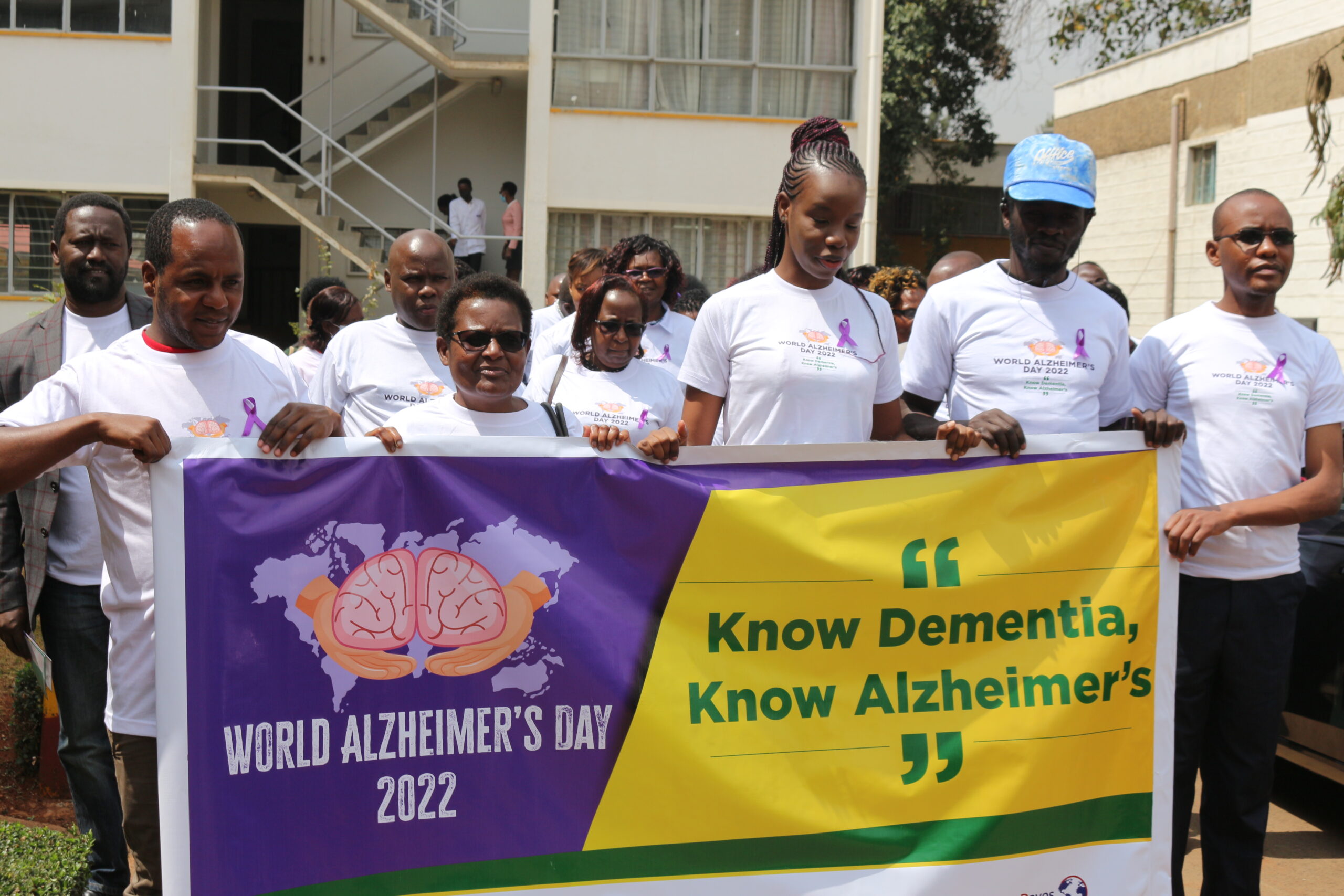 19 Oct 2022
19 Oct 2022
BY:
Projects
Comments: No Comments
DEM-SKY PROJECT
In Kenya, many people are currently living with dementia without a formal diagnosis or support; often attributing symptoms to normal ageing, a consequence of past behaviours e.g. stealing from a home that has been protected by witchcraft or being cursed. Dementia screening is not common within Kenya and healthcare workers are not well equipped to detect dementia in patients. Improving the supply (or opportunity) of dementia screening within the region may promote uptake, thus leading to more people to seek a formal diagnosis and subsequently receive support within the Kenyan healthcare system.
Community Healthcare Workers (CHWs) have successfully demonstrated their value in delivering health interventions within Kenya and have strong links within local communities. Through leveraging this resource, we will deliver dementia screening to older adults (≥ 60 years) within Makueni County, Kenya over a 6-month period through a study entitled; “Integration and evaluation of a community-level dementia screening programme in Kenya (DEM-SKY)”. This study has been funded by the DAVOS Alzheimer’s Collaborative (DAC).
We purpose to evaluate the effectiveness and feasibility of the study by understanding the adoption, implementation and continuation of the study, using questionnaires and interviews on the study participants. Through gaining perspectives of different stakeholders involved in the programme (i.e., older adults, CHWs, hospital staff and trainers), it ensures that we understand the reason for successful (or unsuccessful) delivery.
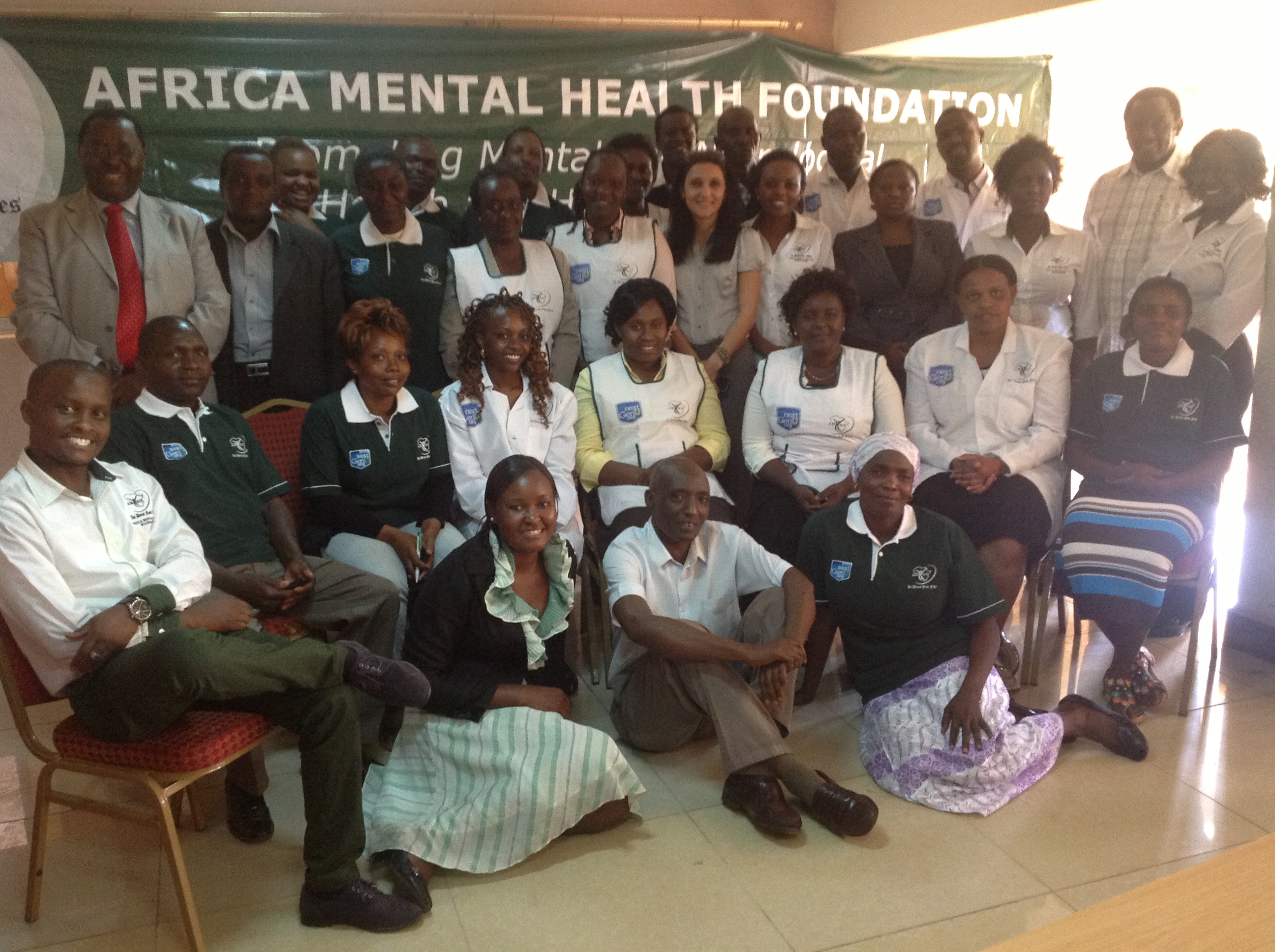 26 Mar 2019
26 Mar 2019
BY: Amhf
Projects
Comments: No Comments
The create project
 19 Aug 2018
19 Aug 2018
BY: Amhf
Projects
Comments: No Comments
Long Term Conditions and Mental Health in Kenya: Mainstreaming Community Based Practices
The combination of long-term physical and mental health problems (comorbidity) is one of the most serious public health challenges in the 21st century. However, there is little research into the experience of and care for these comorbid conditions at the community level, and this project aims to address this gap. We plan to improve our understanding of comorbidity health challenges as we make a vital contribution to tackling the gaps in knowledge and understanding of the impact of comorbidities, both for the individual and for health care provision.
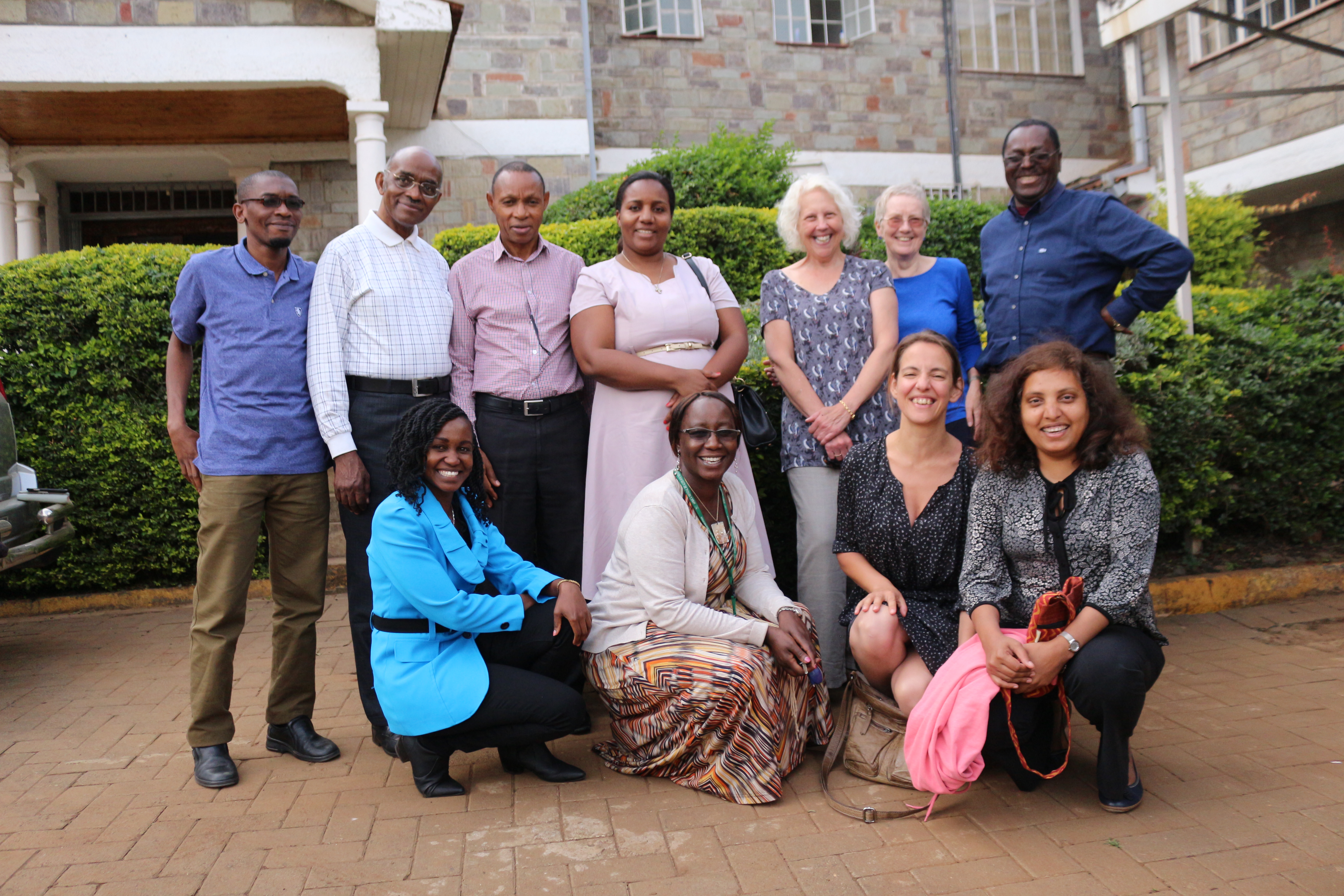
 25 Mar 2016
25 Mar 2016
BY: Amhf
Projects
Comments: No Comments
Global MINDS @ Western Summer Institute – Kenya 2017
Global MINDS @ Western is an Interdisciplinary Development Initiative of Western University, Canada with the objective of using social innovation approaches to catalyze the development, implementation, mobilization and evaluation of disruptive solutions for the wicked problem of reducing the global burden of mental disorders and related issues (e.g., suicide). Global MINDS is focused on innovating for low resource settings in low and middle income countries (LMIC) (e.g., East Africa region) and for marginalized communities within Canada. Through transdisciplinary collaboration and innovative pedagogy, we empower students and faculty to lead change and make a lasting impact starting now.
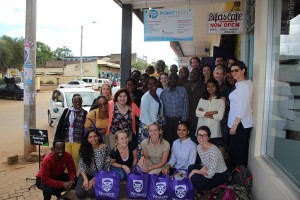 01 Jul 2015
01 Jul 2015
BY: Amhf
Projects
Comments: No Comments
MULTI-SECTORAL STAKEHOLDER TEAM APPROACH TO SCALE-UP COMMUNITY MENTAL HEALTH IN KENYA: BUILDING ON LOCALLY-GENERATED EVIDENCE AND LESSONS LEARNED (TEAM)
TEAM aims to effectively integrate mental health services with minimal expenditure of resources, into pre-existing, community-based, government funded, formal and informal health services in Kenya. The project is currently taking place in Makueni County an area without a single psychiatrist. TEAM’s main course is to strengthen effective, self-driven leadership and governance, and to provide comprehensive community mental health awareness to impact on attitude and behavioral change in the community.
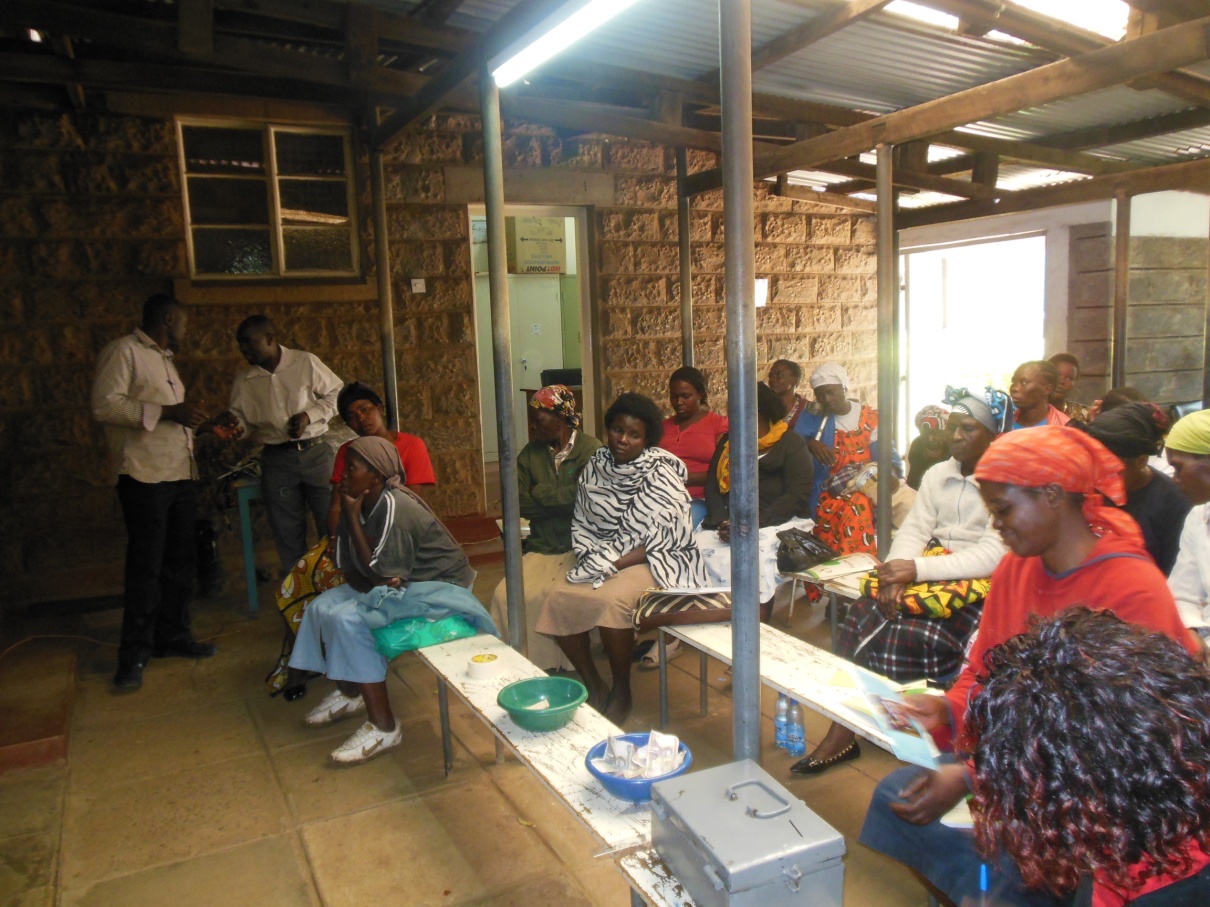 01 Feb 2015
01 Feb 2015
BY: Amhf
Projects
Comments: No Comments
The LIPTK Project
Psychosocial Rehabilitation (PSR) provides support to promote successful recovery, community reintegration and improved quality of life for people living with a mental illness or mental health concerns. With increase in income through either entrepreneurship or employment, people who are predominantly exposed to various forms of stigma find an avenue to interact with communities and command recognition and respect.
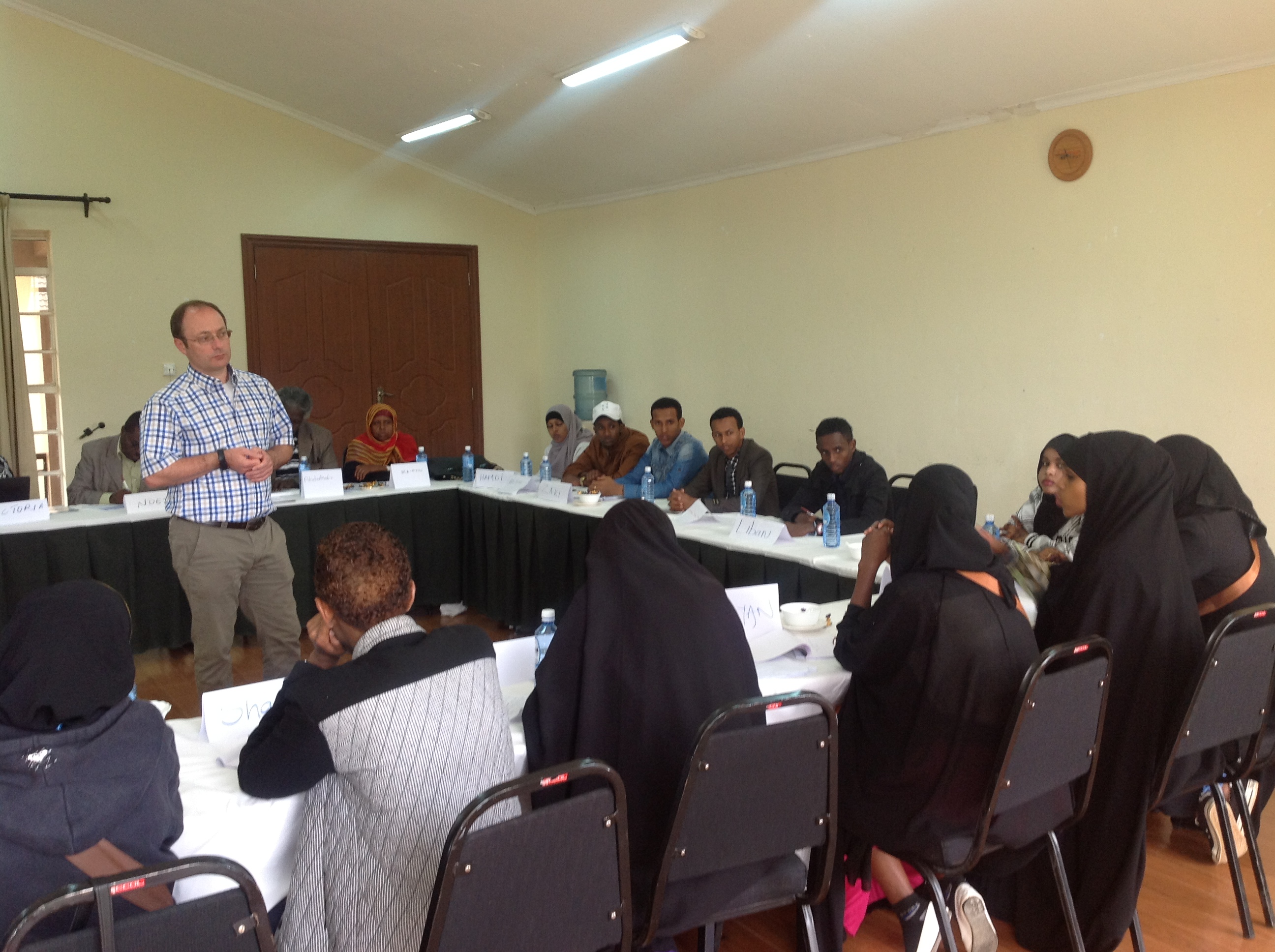 01 Jan 2014
01 Jan 2014
BY: Amhf
Projects
Comments: No Comments
THE COMPUTER-BASED DRUG AND ALCOHOL TRAINING ASSESSMENT IN KENYA (eDATA K)
The purpose of this project was to answer the challenge of integration of screening and core packages of mental health and substance use disorder services into routine primary health care through innovative e-learning technologies. eDATA K aimed to correct these problems by adapting NextGenU.org`s high-quality, globally-available, free-to-use, and low-cost to assemble, computer, peer-, and mentor-supported learning to build the capacity to provide substance use disorder screening and core services in primary care, as a first step toward building the capacity to address other mental health conditions. This particular project also included a course on quality improvement and leadership to help support practitioners in integrating those new services into their current clinical practice.
Project Results and Impacts:
On healthcare workers
- More than 400 health care workers involved withabout halfof them completing the course on their own time, a very large completion rate compared to < 1% average completion rate for Massive Open Online Courses (MOOCs).
- Significant reduction or stigmatizing attitudes among health care workers towards people with alcohol and other substance use disorders
- Widely reported acceptability and usefulness of the courses amongst health care workers
“It has helped me because in the beginning before I was trained I was not comfortable living with those people who use these substances like alcohol. But nowadays I can talk to them comfortably and make them understand their problem and how they can deal with it”
On patients
- 22,327 patients reached with screening for alcohol, tobacco and other substance use, BMI and physical activity during the study enrolment period – showing acceptability and feasibility
- 1,212 (5.5%) patients identified as having moderate to high risk levels of alcohol use
- Over half of them, i.e. 609 (50.2%), received brief intervention for risky alcohol use and the rest received feedback and written advice
- Follow-up assessments conducted at 1,3, and 6 months with a follow up rate of 83.2% at 6 months
- Significant reduction in alcohol use amongst those who received the screening and feedback as well as those who received the full brief intervention, demonstrated up to 6 months post intervention; with a larger decrease in alcohol consumption than in other brief intervention trials.
- Positive changes in self-reported quality of life domains in nearly half of the participants
- A 60% decrease in depression score between baseline and 6 months amongst all participants in the two groups
- An overall decrease in risk scores from consumption of substances based on the ASSIST from baseline to 6 months; in public facilities 74% for tobacco; 88% for alcohol; 34% for cannabis; and 47% for amphetamine-type substances (khat being the most prevalent of these substances in Kenya). In private facilities, 84% reported a decreased score for tobacco, 97% for alcohol; 45% for cannabis; and 65% for amphetamine-type substances.
- High acceptability of the intervention among beneficiaries
“Since I was married, I had never had a child with my husband that is why am saying it (alcohol) is very bad. We have stayed for long without me getting pregnant. I have been drinking a lot. After I joined this study, I stopped completely taking alcohol and I became pregnant immediately. This child I am holding here is as a result of this study.”
On the healthcare system
- 60 health workers completed the four modular online practice improvement course blended with the Institute of Health Care Improvement Open School courses
- The quality improvement and leadership course was effective in supporting the integration of screening and intervention in practice in public facilities, with 12,369 screens and 1,553 Brief Interventions done post randomized control trial, without any financial incentives for performing those interventions as part of research
- For the first time, the Makueni County Government allocated resources for mental health activities
- The Makueni County Government included substance use interventions in their performance appraisal process
- National Ministry of Health is ready to use the training and interventions to advocate for increased budgetary support for mental health and substance use intervention activities
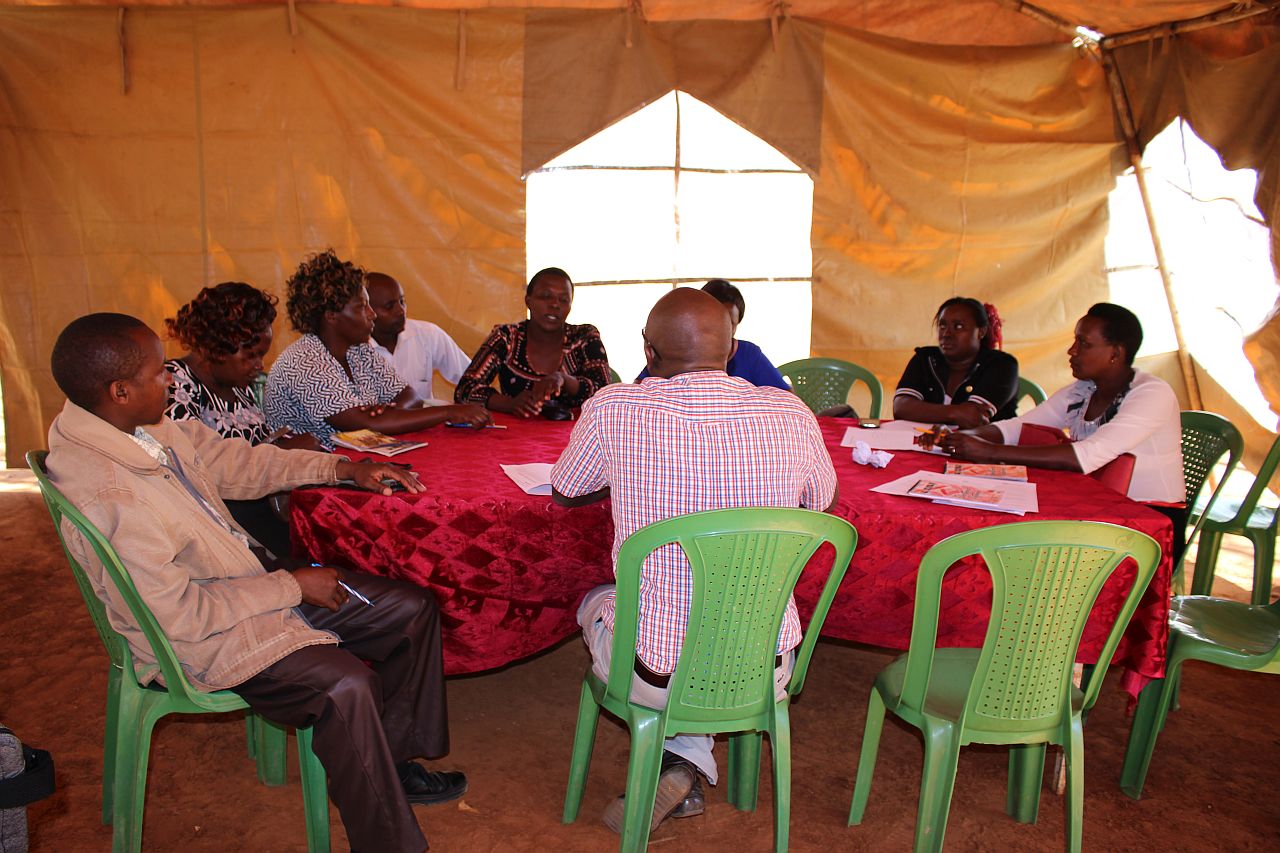 01 Nov 2013
01 Nov 2013
BY: Amhf
Projects
Comments: No Comments
The DIALOGUE Project
DIALOGUE was a project that sought to empower, supervise, support and include informal traditional and faith healers to deliver evidence based mhGAP-IG adapted psycho-social interventions to reduce mental health treatment gap in Kenya.
DIALOGUE discovered that traditional and faith healers (the clergy) and formal health care workers can collaborate successfully in providing mental health services in rural communities with limited access to specialist care. The study also proved that trained traditional and faith healers can effectively screen and make referrals of cases of depression to primary healthcare.
 01 Nov 2013
01 Nov 2013
BY: Amhf
Projects
Comments: No Comments
The mhGAP-IG mHealth Project
mHealth was a project that aimed at evaluating the applicability of a model that utilized mobile technology to train, supervise, support and monitor application of mhGAP-IG depression module on non-mental health workers.
mHealth successfully developed and utilized a mobile phone application software version of the WHO Mental Health Treatment Gap Intervention Guide (mhGAP-IG), to screen and manage depression in patients attending four rural health centers.
- 1
- 2


